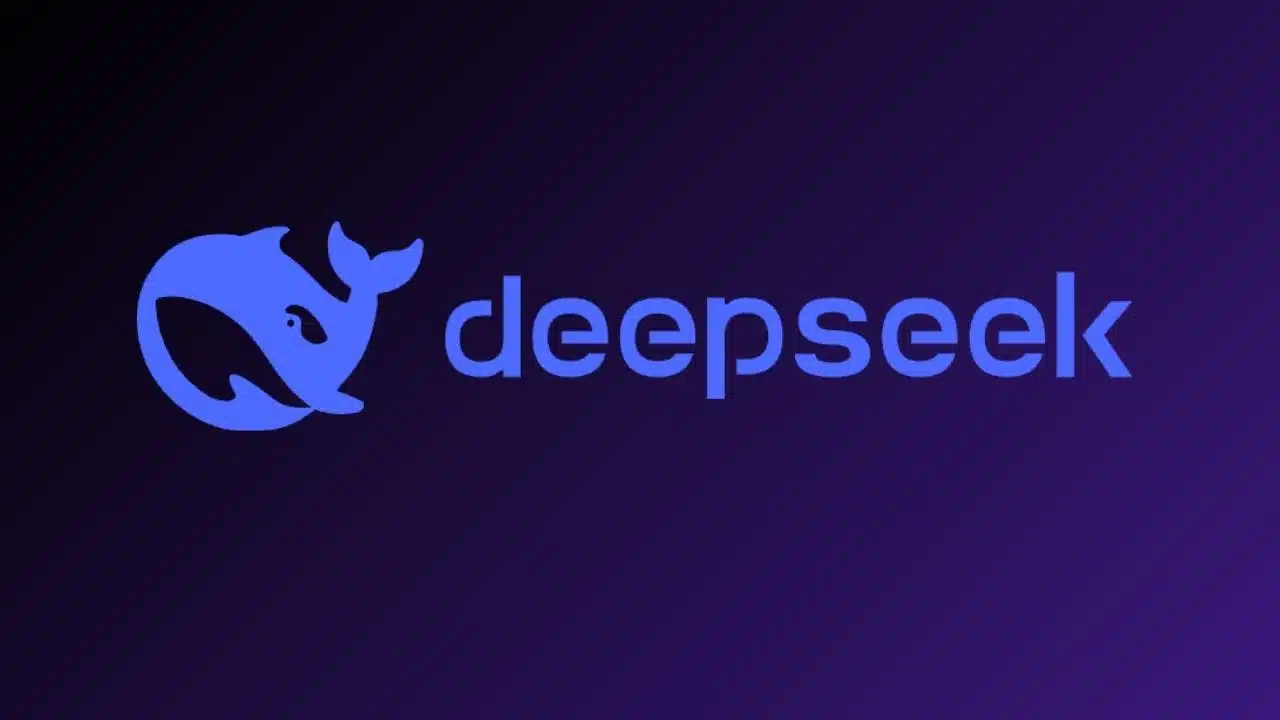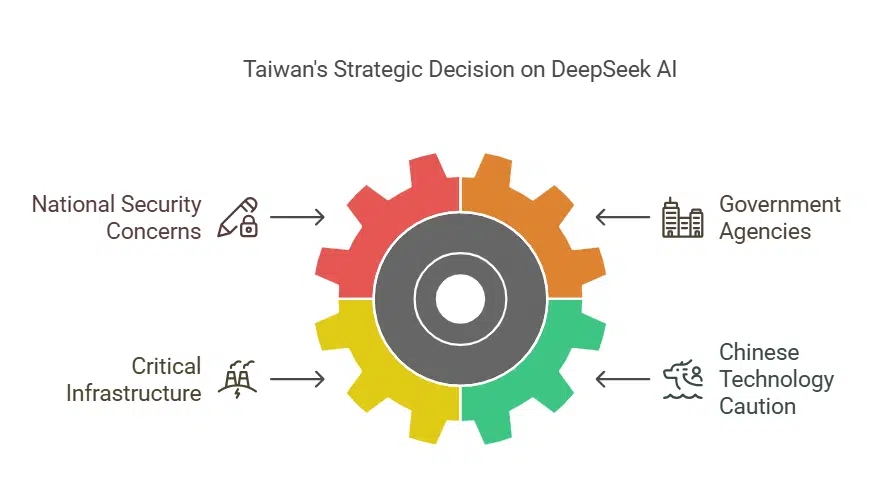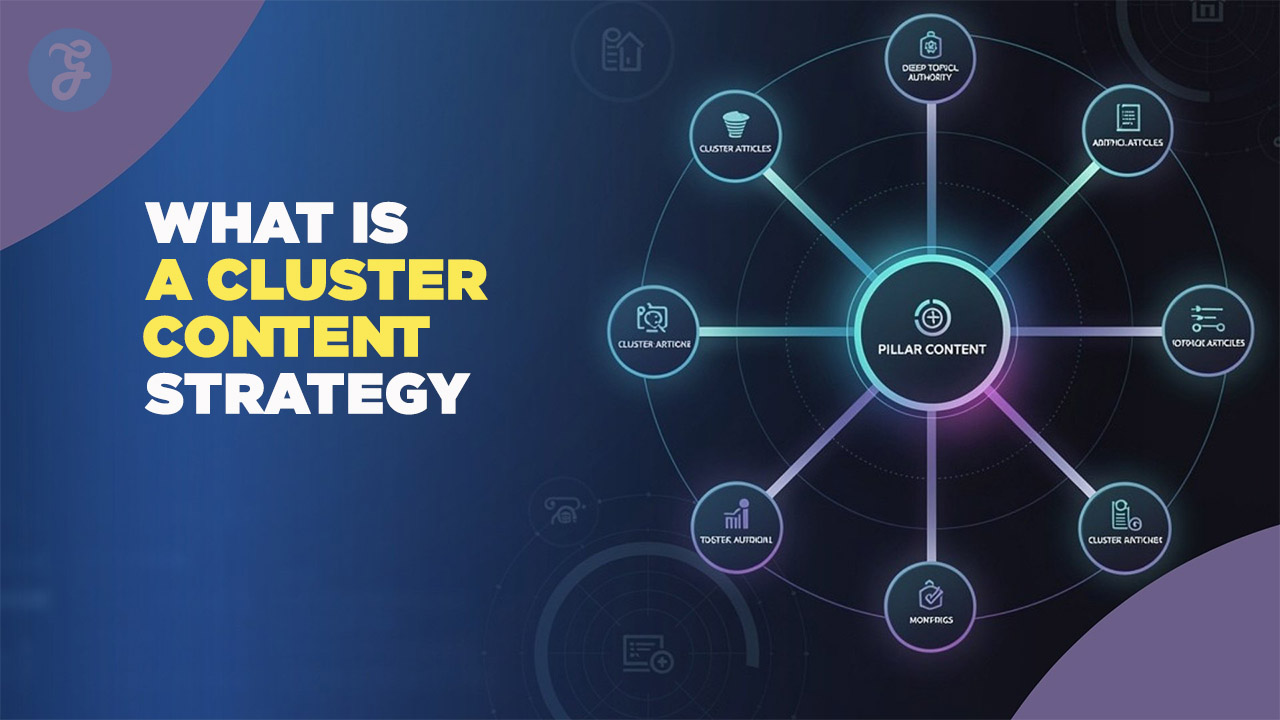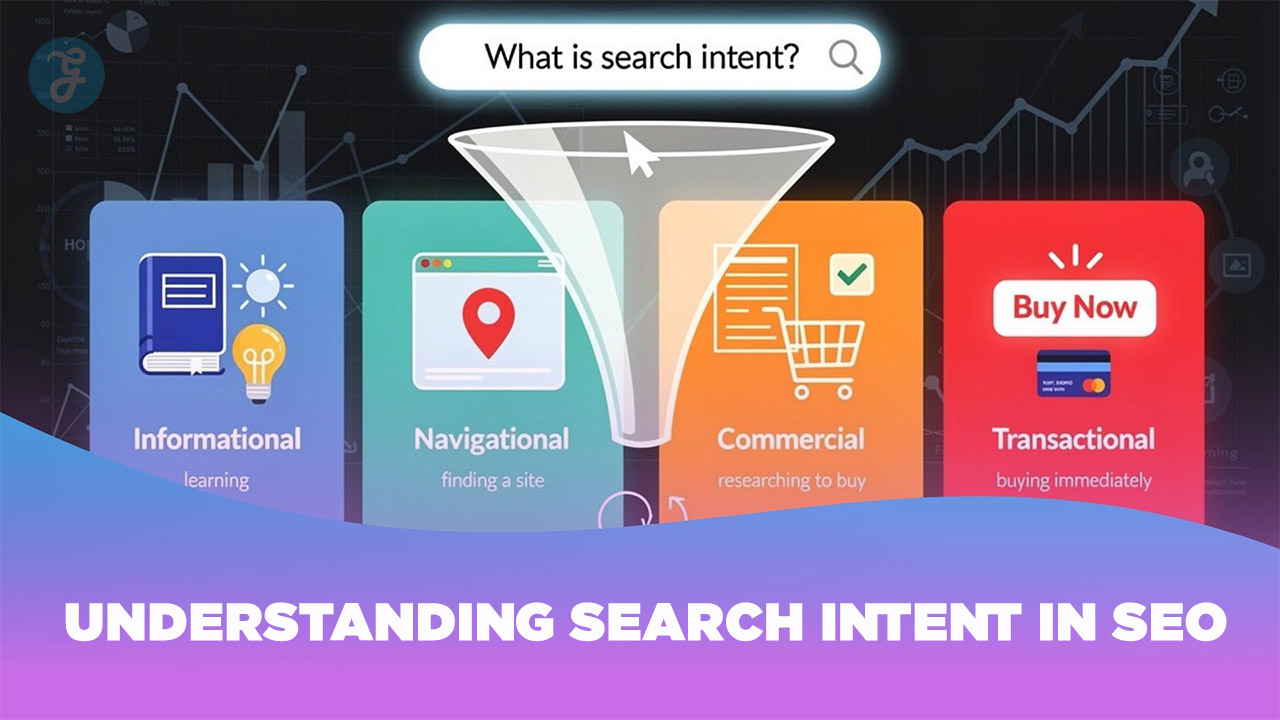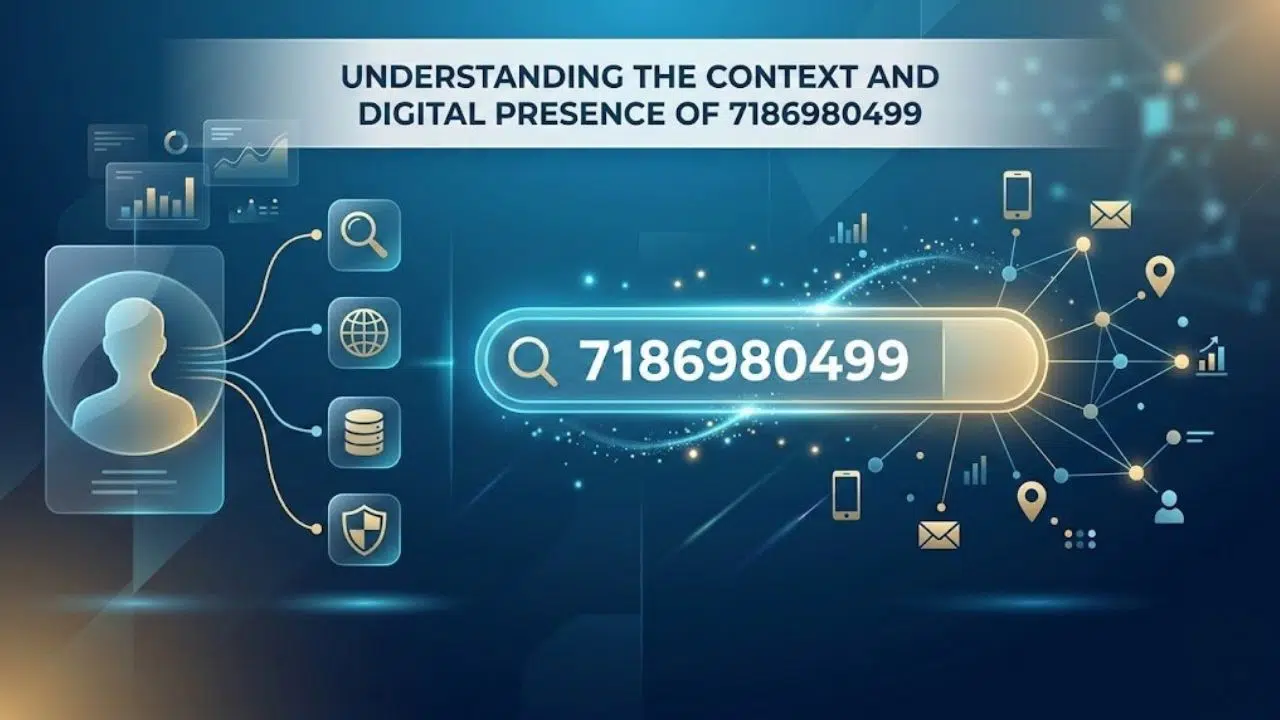A new Chinese artificial intelligence (AI) model, DeepSeek-R1, has rapidly gained attention in the global tech community but is already facing bans and government scrutiny over security and data privacy concerns. DeepSeek, a start-up based in China, launched the DeepSeek-R1 frontier reasoning model with high expectations. However, within just weeks of its release, multiple countries have moved to ban or investigate the AI tool due to fears over cybersecurity risks, potential data exposure, and national security vulnerabilities.
This rapid series of actions underscores growing global apprehension over Chinese technology and AI advancements, particularly with regard to data-sharing laws in China that require companies to provide access to government authorities when requested. These concerns have led to official restrictions in countries such as Italy, Taiwan, and parts of the United States, with more nations now investigating the platform.
Why is DeepSeek-R1 facing bans?
DeepSeek-R1 has been criticized for cybersecurity flaws, potential biases in content generation, and risks of national data exposure. Studies indicate that the model is highly susceptible to generating harmful and biased content, raising concerns about misinformation, manipulation, and AI jailbreaking—a process where users bypass restrictions to exploit the model for unethical purposes.
Additionally, since DeepSeek is a Chinese company, there are fears that data shared on its platform could be accessed by the Chinese intelligence agencies under the country’s cybersecurity laws. This has led to national security concerns, particularly in democratic countries that prioritize data privacy.
Cybersecurity experts warn that DeepSeek’s AI model could be exploited by foreign intelligence groups for surveillance, disinformation campaigns, or cyberattacks. Given these risks, some governments have swiftly moved to ban or investigate the AI service.
Countries That Have Banned DeepSeek-R1
Taiwan: First Asian Country to Ban DeepSeek
Taiwan, a democratically governed island, was one of the first countries to prohibit DeepSeek AI from being used by government agencies. The country has long been cautious about Chinese technology, given Beijing’s sovereignty claims over Taiwan.
On February 2, 2025, Taiwan’s Ministry of Digital Affairs officially announced that all government agencies and critical infrastructure sectors should refrain from using DeepSeek due to concerns over national security.
“DeepSeek AI service is a Chinese product. Its operation involves cross-border transmission and information leakage, raising serious security concerns,” the ministry stated in a public release.
Taiwan has previously imposed similar bans on Chinese technology platforms, including apps like TikTok and WeChat, to mitigate potential data exposure risks.
United States: State and Federal Restrictions
While there is no nationwide ban on DeepSeek in the U.S. yet, individual states and federal institutions are imposing restrictions.
Texas Becomes First U.S. State to Ban DeepSeek on Government Devices
On January 31, 2025, Texas Governor Greg Abbott announced an immediate ban on DeepSeek for all government-issued devices. This decision aligns with Texas’s broader effort to protect the state from foreign cyber threats.
“Texas will not allow the Chinese Communist Party to infiltrate our state’s critical infrastructure through data-harvesting AI and social media apps,” said Governor Abbott in his statement.
“Texas will continue to protect and defend our state from hostile foreign actors.”
The ban also extended to other Chinese-owned applications, such as the social media platforms Xiaohongshu (RedNote) and Lemon8.
U.S. Navy and NASA Implement Restrictions
In addition to Texas, the United States Navy has officially banned its members from using DeepSeek AI for any work-related or personal tasks.
“DeepSeek should not be used for any work-related tasks or personal use due to potential security and ethical concerns,” a directive from the U.S. Navy stated.
Meanwhile, NASA has completely blocked access to DeepSeek from its systems and prohibited employees from utilizing the AI model.
“DeepSeek and its products and services are not authorized for use with NASA’s data, government-issued devices, or networks,” an internal NASA memo revealed.
These actions indicate that concerns about DeepSeek extend beyond state governments and into the highest levels of national security agencies.
Italy: First European Country to Ban DeepSeek
On January 30, 2025, Italy’s Data Protection Authority (DPA) became the first European nation to officially block DeepSeek.
The Italian regulatory body ordered both Hangzhou DeepSeek Artificial Intelligence and Beijing DeepSeek Artificial Intelligence, the two parent companies behind the AI model, to cease processing Italian users’ data immediately.
The decision was made after DeepSeek allegedly refused to cooperate with an official request for information from the Italian government.
“Contrary to what was found by the authority, the companies declared that they do not operate in Italy and that European legislation does not apply to them,” the DPA stated, leading them to launch a formal investigation into DeepSeek.
Italy has previously taken action against AI tools over data privacy concerns, such as temporarily banning OpenAI’s ChatGPT in 2023 before new compliance measures were introduced.
Countries Investigating DeepSeek
Several other nations are now examining the risks associated with DeepSeek’s AI technology and its potential implications for data privacy.
Belgium, Ireland, France, and South Korea
Authorities in Belgium, Ireland, and France have all confirmed that they are seeking clarity on how DeepSeek handles personal user data. European regulators are particularly cautious about Chinese AI companies due to strict GDPR laws that protect user privacy.
Similarly, South Korea’s Data Protection Authority has announced plans to investigate the AI model’s potential impact on data security and whether it complies with the country’s regulations.
India Issues Advisory Against AI Models, Including DeepSeek
On February 5, 2025, the Indian Ministry of Finance issued an advisory instructing government employees not to use AI tools like DeepSeek for official purposes.
“For the confidentiality and security of government data, all employees are advised not to use AI-based tools such as DeepSeek and ChatGPT for drafting sensitive official communications,” the advisory stated.
India has also been scrutinizing the impact of AI models on disinformation and cybersecurity risks, leading to greater regulatory oversight.
What’s Next for DeepSeek?
DeepSeek’s rapid emergence onto the AI scene has sparked a global debate on the balance between innovation and security. With multiple countries already banning or investigating the AI tool, the company faces significant challenges in gaining international trust.
While DeepSeek has denied allegations of security risks and claims it does not operate in certain jurisdictions, continued global scrutiny could lead to further restrictions and legal hurdles. The unfolding developments may also prompt new international regulations governing AI technology, particularly when it involves cross-border data transmission and national security concerns.
As more governments examine DeepSeek’s operations, the future of Chinese AI models in global markets remains uncertain.


